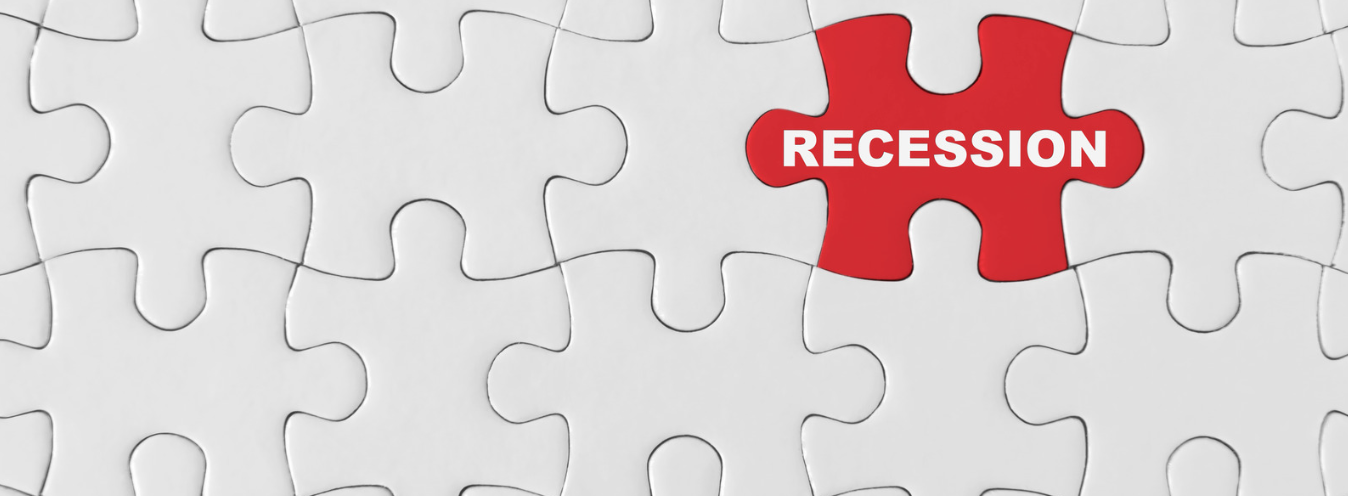Marketing during a recession may seem counterintuitive to many, but it holds potential benefits that can set a business apart and prepare it for post-recession success. First, recessions often lead to less clutter in the advertising space as many companies cut back on their marketing budgets.

Marketing during a recession may seem counterintuitive to many, but it holds potential benefits that can set a business apart and prepare it for post-recession success. First, recessions often lead to less clutter in the advertising space as many companies cut back on their marketing budgets. This reduction in ‘noise’ presents an opportunity for businesses that continue to market to stand out more easily and gain attention. Secondly, the cost of advertising typically drops during economic downturns, allowing for more cost-effective campaigns and a higher return on investment.
Maintaining or increasing marketing efforts during a recession can also lead to growth in market share. As competitors scale back, there's a chance to capture their customers' attention and loyalty. This is particularly effective since consumer behaviour often shifts towards value during tough economic times, and businesses that highlight value-centric offerings can attract these consumers.
Additionally, marketing in a recession can build brand loyalty. By consistently engaging with customers and providing stability in uncertain times, businesses can strengthen existing relationships and foster new ones. This investment in marketing can pay dividends when the economy recovers, as customers remember the brands that were present and supportive during challenging periods.
Recessions can be times of innovation and creativity in marketing. With tighter budgets, marketers are pushed to think outside the box and find new, more efficient ways to reach their audience. This can lead to the discovery of untapped markets or the development of groundbreaking marketing strategies that continue to be beneficial even after the recession ends.
History has shown that businesses that continue to market during downturns often fare better than those that do not. A study by McGraw-Hill* found that companies that maintained or increased their marketing spend during the 1980s recession saw higher sales growth compared to companies that cut back. This suggests that consistent marketing can be a key factor in not just surviving a recession, but thriving during and after it.
Marketing during a recession is not just about staying afloat; it's about positioning for future growth, building lasting customer relationships, and taking advantage of reduced competition and costs. It requires a strategic approach and may involve reallocating resources, but the potential rewards make it a worthwhile consideration for businesses aiming to emerge from a recession stronger than before.
*The McGraw-Hill study, Laboratory of Advertising Performance Report 5262, highlights the advantages of sustained advertising during economic recessions. Analysing 600 businesses in the 1980-1981 recession, it found that those who maintained or increased advertising budgets experienced significant sales growth during and after the recession, by 16 to 80%. The research suggests that consistent marketing can lead to long-term benefits, such as increased market share and sales growth, due to decreased competition and lower advertising costs. It advocates for viewing marketing as a strategic investment for growth, rather than a mere survival tactic during tough economic times.

